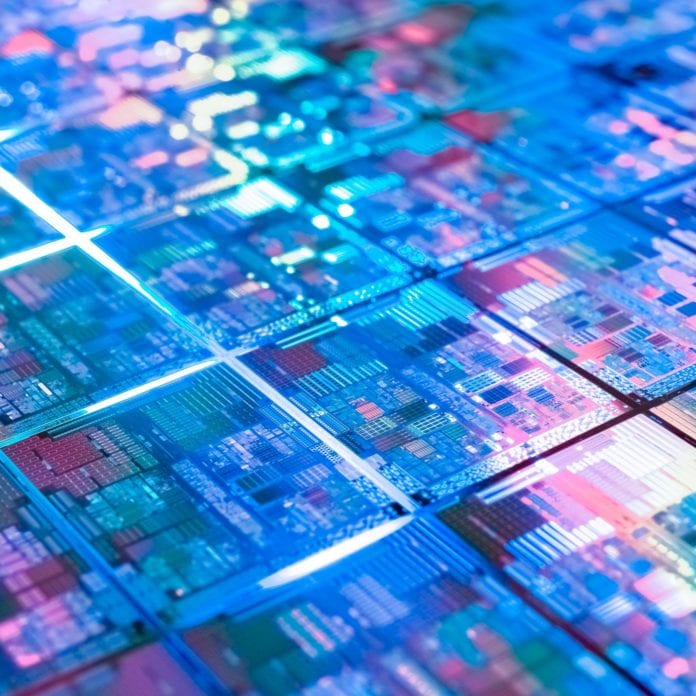Samsung Electronics plans to make a massive $230 billion investment in South Korea’s chip-making capacity, in the form of a new “mega cluster” of silicon manufacturing that could end up being the world’s largest such hub.
The investment, to be made over the next decade, will yield five new semiconductor plants to be built by Samsung in Gyeonggi Province by the year 2042. Those plants will serve as the anchor for the cluster, which the government says will be the world’s largest such facility. Samsung wants to lure 150 other companies to the area who are involved in chip design and materials or component production, according to an Associated Press report citing South Korea’s Ministry of Trade, Industry and Energy.
The chips produced will include both memory chips for storing data, and logic chips for processing and control that can be used across a wide range of applications.
The chip cluster investment was announced as part of South Korea’s broader tech strategy to support six verticals that it sees as crucial: Semiconductors, rechargeable batteries, robotics, electric vehicles, displays and bio-technology. Semiconductor investments have seen intense focus from governments due to supply chain disruptions that have affected everything from consumer appliances to vehicles over the past few years.
“President Yoon Suk-yeol said, while it’s important for a high-tech industry such as semiconductors to grow through a mid-to-longer term plan, we must swiftly push ahead with these plans as if it’s a matter of life and death, given the current situation of global competition,” Yoon’s spokesperson Lee Do-woon said in a briefing, as reported by CNBC.
The announcement comes as a high-level U.S. trade delegation with representation of more than 20 industry sectors visits the region for the Trade Winds Association of Southeast Asia Nations (ASEAN) business development forum. Under the Indo-Pacific Economic Framework for Prosperity, established last year with 14 partner nations, negotiators are discussing supply chain resilience, clean energy, anticorruption measures and efforts focused on “resilient, sustainable, and inclusive economic growth,” according to a speech by Under Secretary of Commerce for International Trade Marisa Lago.

